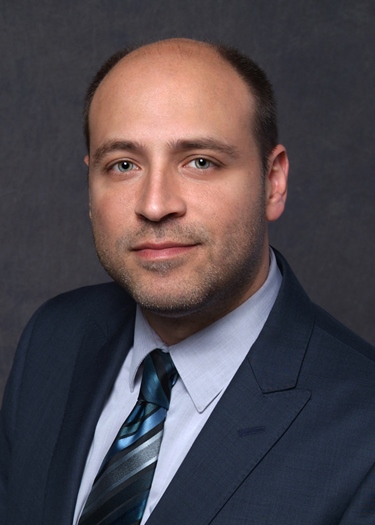Medicare Appeals Backlog – Waiting an Eternity for Your “Day in Court”

Those health care practitioners who have been unfortunate enough to be issued a demand for overpayment in a Medicare Summary Notice (“MSN”) are certain to eventually become aware of the arduous and lengthy process required to appeal such a determination. A function of the huge backlog of appeals is that health care practitioners are routinely forced to wait several years before finally having their appeals heard by an Administrative Law Judge. By that time, Medicare is likely to have started tacking on interest to the amount of the alleged overpayment in addition to “recouping” that amount from the practitioners’ reimbursement remittances pending appeal. Especially if the alleged overpayment has been inflated due to Medicare’s practice of extrapolation, it is very often the case that the practitioner suffers significant (if not devastating) financial damage without even being provided their proverbial day in court.
The Medicare Appeals Process
Generally, the Medicare Appeals process is as follows:
- Level 1, Request for Redetermination. At this level, the practitioner's appeal is reviewed by submission of documents to an entity that is contracted by Medicare;
- Level 2, Request for Reconsideration. A practitioner may appeal an unfavorable Level 1 decision to a “Qualified Independent Contractor” (QIC) by submission of documents;
- Level 3, Hearing before an Administrative Law Judge. At this level, a practitioner can appeal an unfavorable Level 2 decision. Now, the practitioner is finally given an opportunity to; a) have his/her case heard in-person; b) present expert testimony in support; and c) cross-examine Medicare witnesses;
- Level 4, Review by Medical Appeals Council;
- Level 5, Judicial Review in Federal District Court.
Both health care practitioners and their legal counsel have long complained that the Level 1 and Level 2 appeals processes are unfair given the affiliation the corresponding reviewing entities have with Medicare and CMS. It is only at Level 3 that the practitioner can be confident that the reviewer (in this case, an Administrative Law Judge (“ALJ”)) is independent of Medicare. Due to the backlog of appeals, getting to a hearing before an ALJ is a task in and of itself.
In December 2016, the United States District for the District of Columbia, in the matter, American Hospital Association v. Burwell, ordered that HHS clear the backlog of appeals by the year 2020. The Court issued specific deadlines, requiring HHS to reduce the backlog by: a) 30% by the end of 2017; b) 60% by the end of 2018; c) 90% by the end of 2019; and d) 100% by the end of 2020.
Despite these clear mandates, little has changed for the practitioner waiting for a hearing before an ALJ. For now, we are forced to take a “wait and see” approach with the hope that the District Court will take further action to enforce its mandates. We will be certain to issue updates as they become available. If you have any questions about this or any related matters, please email me at dnvozza@nmmlaw.com.




